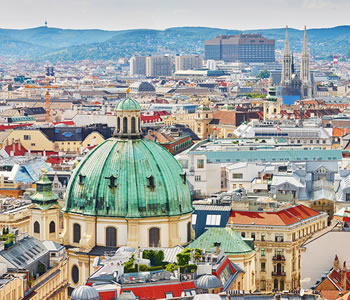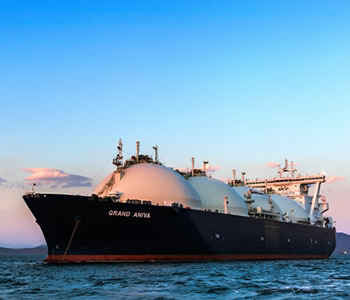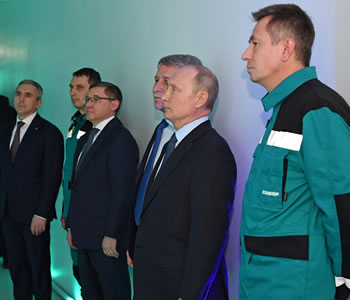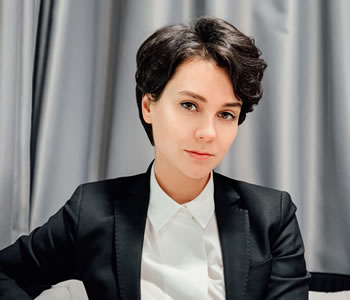Note to readers
Alexander Petrov, Member of the Management Board – Managing Director, Plastics, Elastomers and Organic Synthesis Division.
2020 highlights: Riding the second wave
Despite the economic challenges in 2020, the situation in Russia’s petrochemical industry was not so dramatic.
Building a sustainable future
SIBUR participated in the S&P Global Platts European Petrochemicals Virtual Conference.
Argus Petrochemicals 2020: CIS and Global Markets
Petrochemicals market players met online to discuss the future of their industry.
SIBUR’s leap onto the world stage
SIBUR is featured in a special publication by IHS Markit Chemical Week, the world’s leading source of news, data and analysis in the petrochemical industry.
The gas market outlook
Participants at Argus’ virtual conference discussed LPG production, consumption and export development in Russia and globally.
SIBUR unveils new raffia grades
The Company has brought to market special new solutions for the high-speed manufacturing of tape used in fabric and flexible packaging.
Ecoboxes for responsible consumption
PolyER and Local Kitchen have developed and launched eco-friendly food packaging.
Recycled PET
SIBUR has signed its first contract to supply feedstock for the future production of green PET granules.
Polymer barriers at SIBUR PolyLab
POLYPLASTIC Group’s latest product has been installed at SIBUR’s research centre.
Boosting plasticiser sales
SIBUR’s Plastics, Elastomers and Organic Synthesis Division held a Digital Customer Day – DOTP. Outcomes of 2020 and Goals for 2021.
SIBUR International in Istanbul
SIBUR’s Turkish subsidiary has moved to a new office.
Tomskneftekhim launches a digital reactor model
SIBUR introduces a digital solution to model gas chemical reactions.
PVC film inactivates the coronavirus
A product by a Brazilian plastics manufacturer Alpes halts viral activity within 15 minutes.
Vladimir Putin visits ZapSibNeftekhim
The Russian President praised SIBUR’s contribution to the growth in the non-commodity sectors of the national economy.
Competencies for plants of the future
SIBURINTECH, an innovation-driven engineering centre of excellence, opens in Tobolsk.
One year at SIBUR International
Employees from SIBUR’s exports division have spoken about their work.
Russia’s green future
The 17th Annual Meeting of the Valdai International Discussion Club has been held.
PolyLab’s vectors
SIBUR’s new research centre, PolyLab, was launched at the Skolkovo science park in May last year.
Exporting during the pandemic
Several Russian companies quickly got to work expanding their presence in foreign markets despite of the pandemic and economic difficulties.
“We decided to sell more lpg on the domestic market”
Alexey Markov sat down with Argus, a price assessment agency.
“We hear and value every customer”
Creating SIBUR’s Customer Service Centre.
Paints and coatings in 2020: restrained optimism
A customer roundtable on The Future of Paints and Coatings took place on the SIBUR Business Practices platform.
Science and business need each other
A discussion at the Open Innovations international forum.
ESG is changing the world
Why COVID-19 is a litmus test for corporate attitudes to sustainability.
The labour market is harnessing the power of technology
The WEF estimates that digitalisation may displace 85 million jobs by 2025, while giving rise to many new roles.
The new life of Yaroslavsky Lak
Dinalak acquired Yaroslavsky Lak, which went bankrupt. Sergey Kolkotin, CEO of Dinalak, explains why they went ahead with this acquisition.
“SIBUR’s clients are resilient companies”
Interview with Alexander Braverman, RSMB Corporation’s CEO, on measures to support entrepreneurs in 2020.
A successful diversification case
The pandemic hampered operations at Agrosintez but also prompted the company to enter new markets.
An Oduvanchik additive
Oduvanchik, a manufacturer of fuel additives and petrochemicals from the Altai Territory, introduced Aplidium, a proprietary fuel additive, in 2020.
“I am not a career woman”
Daria Borisova, Member of the Management Board – Managing Director at SIBUR, on support, outdoor activities and the work-life balance.
Seven strategies for better group decision-making
How to make right collective decisions.
Juggling the work-life balance
Russian workers have revealed how much time they spend on their work and free time.
The Jobs to Be Done framework for business
What motivates customers and employees.
Rules for effective online meetings
Tips for successful negotiation.
TOP MANAGERS TAKING QUESTIONS
In the Q&As section, our top managers answer the most interesting and relevant questions from our clients sent to dearcustomer@sibur.ru.





